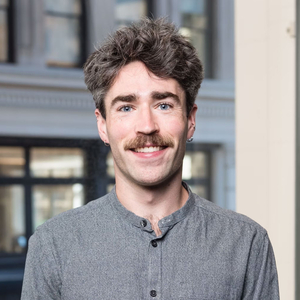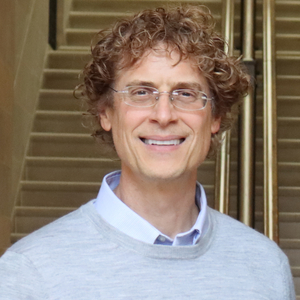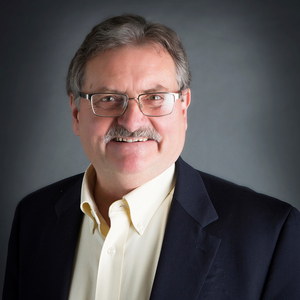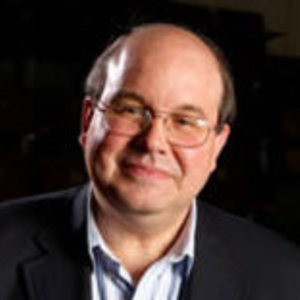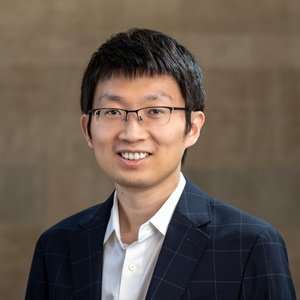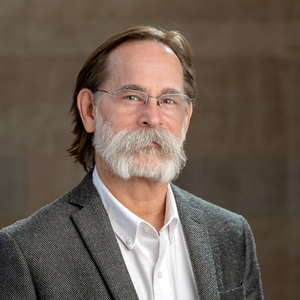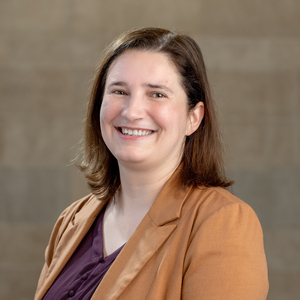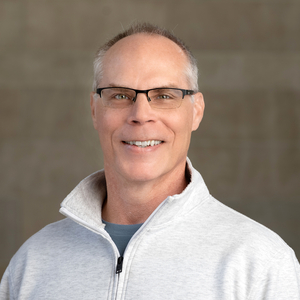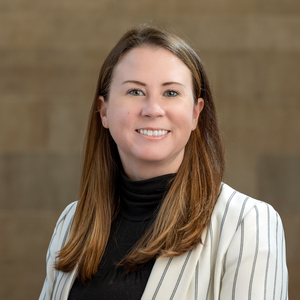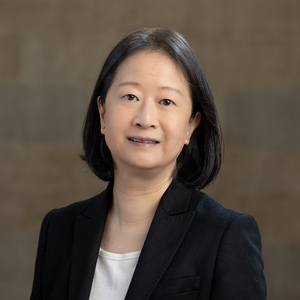Exploring function at the atomic level to better understand the quantum-mechanical reality of nature
Physical chemists seek to understand how things work at the atomic level, where one must deal with the quantum-mechanical reality of nature. We extract the essential physics responsible for bulk (observable) chemical behavior and develop simple pictures that everyone can use.
This is the tradition established in our department by J. Willard Gibbs, continued by Lars Onsager, and carried on today. Building upon an expanding ability to decode structure and dynamics at the most elementary level, physical chemistry strives to address emerging issues of molecular complexity and self-assembly, including the fabrication of nanoscale devices and machines that are subject to the fundamental limitations of quantum mechanics. To address such challenges, we must develop tools to unravel and predict diverse phenomena that form the building blocks of higher molecular complexity, for example, reversible chemical bonding and energy/charge conduction through large molecular networks.
As always, work at the forefront demands a close interaction between theory and experiment. Our department has a particularly balanced approach, exploiting whatever it takes to achieve research goals – “real theory,” dynamical simulations, nuclear magnetic resonance, ultrafast laser kinetics, nonlinear optical spectroscopy, size-selected clusters, and even synthesis. The multifaceted training afforded by this eclectic approach has served our graduates well over the years.

